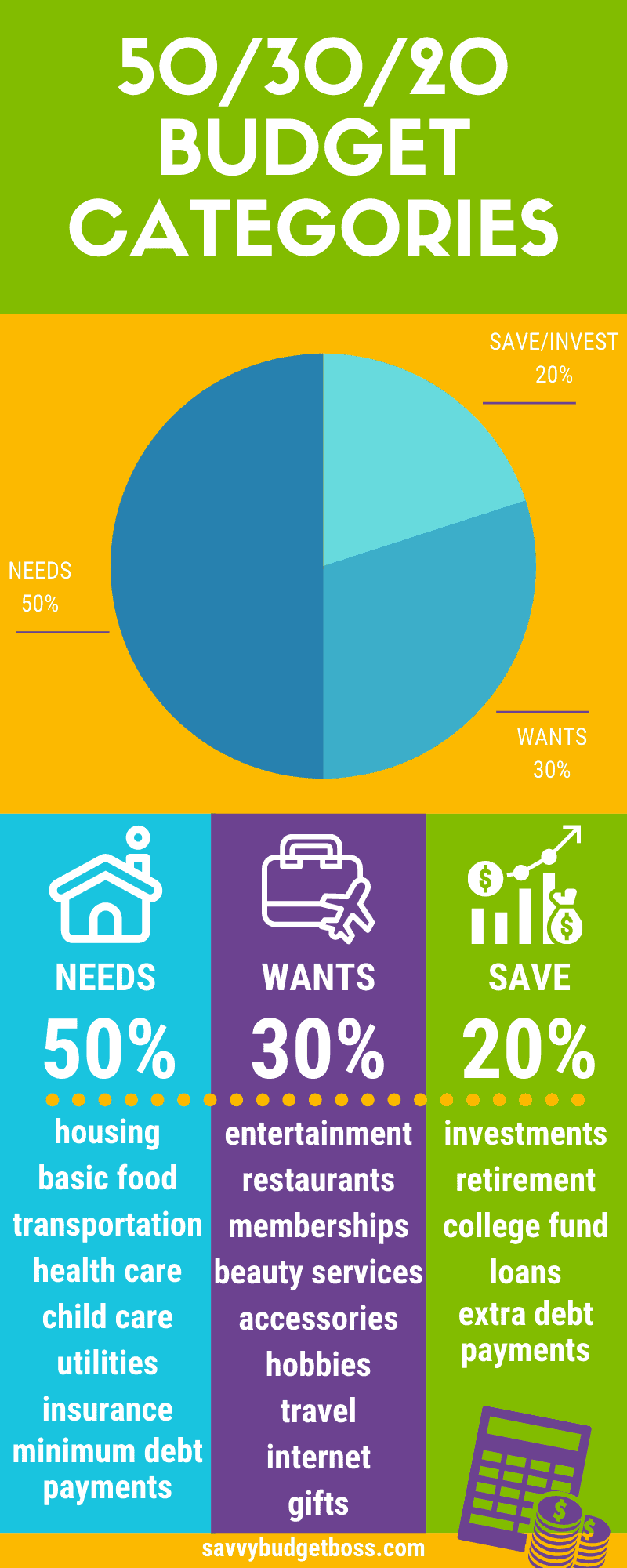Traveling is one of life’s greatest joys, offering new experiences, cultures, and memories that last a lifetime. However, the cost of travel can be daunting, especially for beginners looking to explore new destinations without breaking the bank. The good news is that with a well-thought-out budget, you can make your travel dreams a reality without financial stress. Here’s your comprehensive guide to travel budgeting for beginners.
1. Set a Realistic Travel Budget
The first step in travel budgeting is determining how much money you can realistically set aside for your trip. Start by reviewing your current financial situation to see how much disposable income you have. Once you know your budget, decide how much you’re willing to allocate to different aspects of your trip, such as flights, accommodation, food, activities, and souvenirs. This will help you create a clear plan and keep your spending in check.
2. Choose Your Destination Wisely
Choosing the right destination is key to sticking to your travel budget. Popular travel spots like Paris, Tokyo, or New York may be exciting but are often more expensive than less well-known destinations. To save money, consider off-the-beaten-path locations or countries where your currency has a stronger exchange rate. Research the cost of living in your potential destinations to get an idea of how far your budget will stretch.
3. Be Flexible with Travel Dates
Flexibility is one of the best ways to save money on travel. Airfares and hotel prices can vary widely depending on the time of year, day of the week, and how far in advance you book. If you can be flexible with your travel dates, try to book flights for mid-week departures, which are often cheaper than weekend flights. Use flight comparison websites and apps, such as Skyscanner or Google Flights, to identify the cheapest days to fly and set up alerts for price drops.
4. Find Affordable Accommodation
Accommodation can be one of the biggest expenses of any trip, so it’s important to explore all options to find a place that suits your budget. While hotels are often the go-to, consider alternative options like hostels, guesthouses, or vacation rentals. If you’re willing to share your space, look into dorm-style hostels or co-living options that offer significant savings. For longer stays, renting an apartment or booking through services like Airbnb can save you money on meals by allowing you to cook your own food.

5. Budget for Food and Dining
Dining out is a part of the travel experience, but it can add up quickly. To manage your food budget, plan to balance eating out with preparing some of your meals. Visit local markets for fresh, affordable produce and snacks. Street food is often cheaper and offers a chance to taste authentic dishes. When you do eat at restaurants, look for places that cater to locals rather than tourists, as they’re usually more affordable and offer better value.
6. Save on Transportation
Transportation costs can vary greatly depending on your destination, so make sure to research and choose the most budget-friendly options. For city exploration, consider using public transportation, which is typically much cheaper than taxis or ride-sharing services. For longer journeys, look for budget airlines or take buses and trains that offer competitive rates. If you’re traveling within a region, consider carpooling or renting a car with a group to split costs.

7. Plan Activities and Attractions Wisely
Popular attractions can be expensive, but there are plenty of ways to enjoy new experiences without spending a fortune. Start by researching free or low-cost activities, such as visiting parks, museums on free-entry days, or local festivals. Check websites like Eventbrite or Meetup for local events that align with your interests. If you do want to go on tours or excursions, book them in advance or look for deals on sites like Groupon or Viator.
8. Create a Travel Fund and Save in Advance
Start saving for your trip well in advance. Set up a dedicated travel fund where you can deposit a set amount of money each month. This will help you accumulate funds without feeling the pinch. To boost your savings, cut back on non-essential expenses, like dining out or subscription services, and redirect those savings into your travel fund. Another tip is to look for additional income streams, such as freelancing or selling items you no longer need.
9. Use Cash Wisely
While credit and debit cards are convenient, they can come with hidden fees and unfavorable exchange rates. Consider carrying some local currency for smaller purchases and use credit cards that offer no foreign transaction fees for bigger expenses. Always check with your bank to make sure you have access to ATMs that don’t charge high withdrawal fees. Using cash can help you stick to your budget and avoid overspending.
10. Monitor Your Spending
When you’re traveling, it’s easy to lose track of your budget and end up spending more than you intended. To avoid this, monitor your spending regularly and keep track of your expenses using budgeting apps like Mint or PocketGuard. These apps can categorize your expenses and provide a clear overview of how much you’ve spent, helping you stay on track.
Conclusion
Budgeting for travel doesn’t mean sacrificing the quality of your trip. By being strategic about your choices, you can enjoy a fulfilling adventure without overspending. Plan ahead, prioritize your spending, and make small adjustments to save where you can. With careful preparation, you’ll be able to experience all the excitement and wonder of travel while staying comfortably within your budget.

Hello, welcome to my travel site
